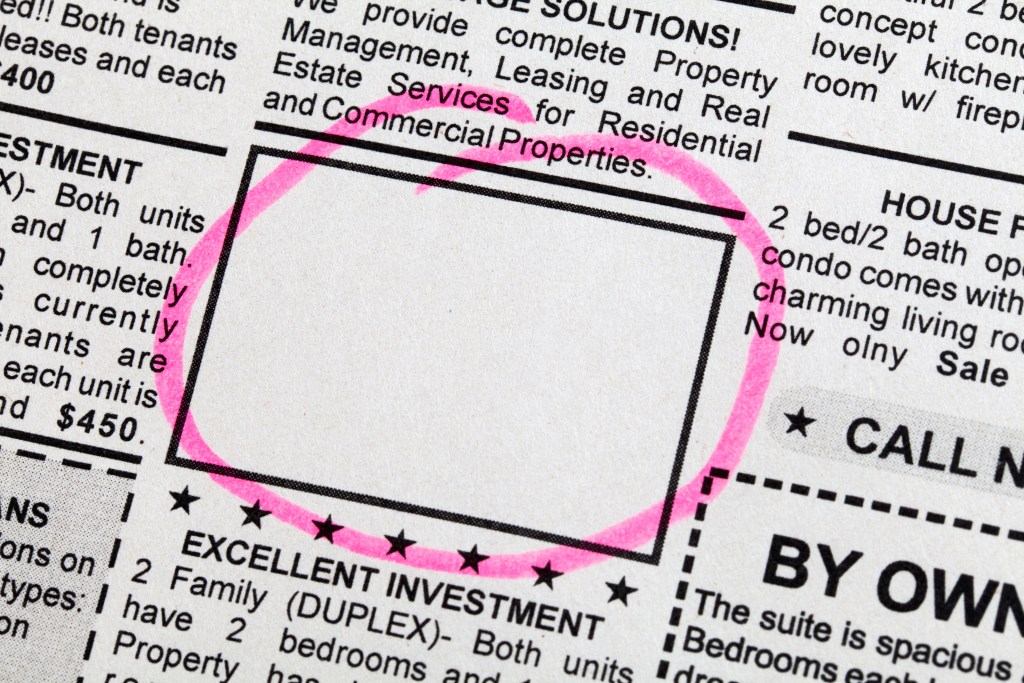City OK as long as prices remain under $10/gallon
By Joel Phelps
The Arkadelphian
When the Arkadelphia Police Department switched gears in 2009 from a traditional fleet of Crown Victorias to a hybrid fleet of Toyota Camry, it joined numerous other law enforcement agencies across the nation in a trend in hopes of saving money on fuel.
The decision then was in response to a spike in fuel prices. More than a decade later, a new administration decided to retire those vehicles in exchange for an array of Dodge cars, pickups and SUVs. Fuel prices then were more manageable not only for the common citizen, but also the city.
Now, as gas prices continue to surge, the question is whether the police department wishes it had stuck with the eco-friendly hybrids. The answer? Nope.

Siftings Herald photo/Joel Phelps
“For a couple of years, the gas savings were huge,” said Arkadelphia Police Chief Jason “Shorty” Jackson. “But when we had to start replacing the hybrid batteries it was eating up the fuel savings and then some.”
What came as an unpleasant surprise was that the aging hybrid fleet’s batteries were in need of replacement — at a $6,000-per-car price tag. With a fleet of 19 hybrids, that would put the price tag at some $114,000 in repairs on aging vehicles. “That offset any fuel savings we were gaining,” Jackson said.
City Manager Gary Brinkley said he has “absolutely no regrets” in switching to a non-hybrid fleet. “The maintenance cost associated with 10-year-old hybrid cars is exponential to any cost-saving in fuel,” he said. “Plus, the [Dodge] cars we’re buying are brand new” and have the best fuel efficiency they will have in their lifespan. “We’ll weather this storm.”
Of the 19 hybrids, APD is down to five of them now. Two of them are used by the school resource officers, and three of them are being kept as backups in the event one of the new vehicles have to undergo repairs. Jackson said his intentions are to sell the remainder of the hybrid fleet.
“At $10 a gallon we may have to rethink it, but at $5 we can still get our jobs done.”
— City Manager Gary Brinkley
Gas prices’ effect on the city
The city’s fuel expenditures are embedded in the overall budget, Brinkley explained, so there’s no way of breaking the figures down by department.
The City of Arkadelphia has yet to feel any effects of the soaring gas prices, but it’s definitely on the radar. So long fuel prices aren’t double what they are now — the national average at the time of this writing was $4.32/gallon, with the state’s average at $3.82/gallon — the city should be OK financially this year.
“At $10 a gallon we may have to rethink it, but at $5 we can still get our jobs done,” Brinkley said. According to the American Automobile Association, the state’s 2021 average was $3.03 in October. Brinkley noted the city budgeted for more than that for this year. “We were already budgeting at a higher-than-actual rate,” he said. “That’s just protection. We didn’t go lean, so we’re not going to have a significant hit.”
The year is still young, and the future of fuel cost is uncertain. Brinkley assured the city would take measures to see essential projects through. “We’re only in the first quarter,” he said. “By the time the pendulum swings the other way, we might be balanced just like every other year.
“We haven’t hit the panic button. We’re cognizant of the environment, and we’re paying attention to the swings and pricing. But we’ve got a job to do, and we’re going to figure out how to make our jobs get done.”
More than just gas
When it comes to running a city, rising fuel costs affect more than just the price of filling a gas tank. A number of materials — asphalt for street repairs, pipe for water and sewer and even the trash bags Arkadelphia water customers receive twice a year — all fluctuate with the price of crude oil.
Piping for utility projects, for instance, will be more expensive. What the city once spent for 800 feet of pipe currently yields only 200 feet, Brinkley said. In planning repairs or projects, “you just adjust accordingly.” If push comes to shove, Brinkley said the city will give priority to the street department for street repairs. In order to keep potholes filled, other projects might get pushed back, he said. “Any other projects we have — maybe painting a building — would be pushed off to take care of the streets.”
He noted that certain investments have been made recently, such as the purchase of a “hot box” which heats the oil that’s put into the asphalt mix, will aid the city in times like these.
The city also has options to decrease its fuel usage in order to meet the current budget. “The primary one is to shift focus and either do less projects that require more money, or to not do some projects and stay focused on streets,” he said. “You may not start a new project, but you take investment dollars in water and sewer and finish a project, and get that one done instead of two parallel projects.”
Categories: City & County, Police & Fire









Recent Comments